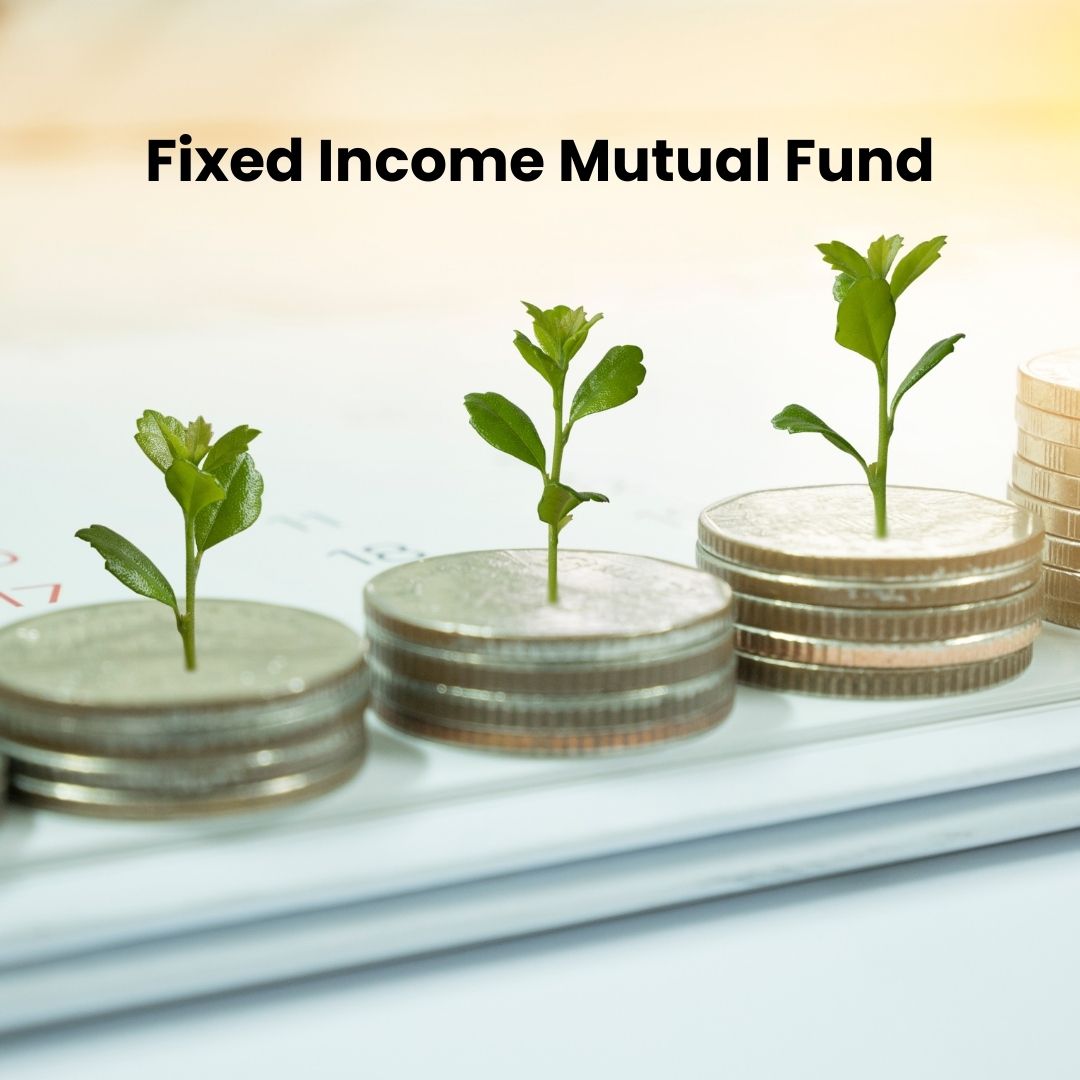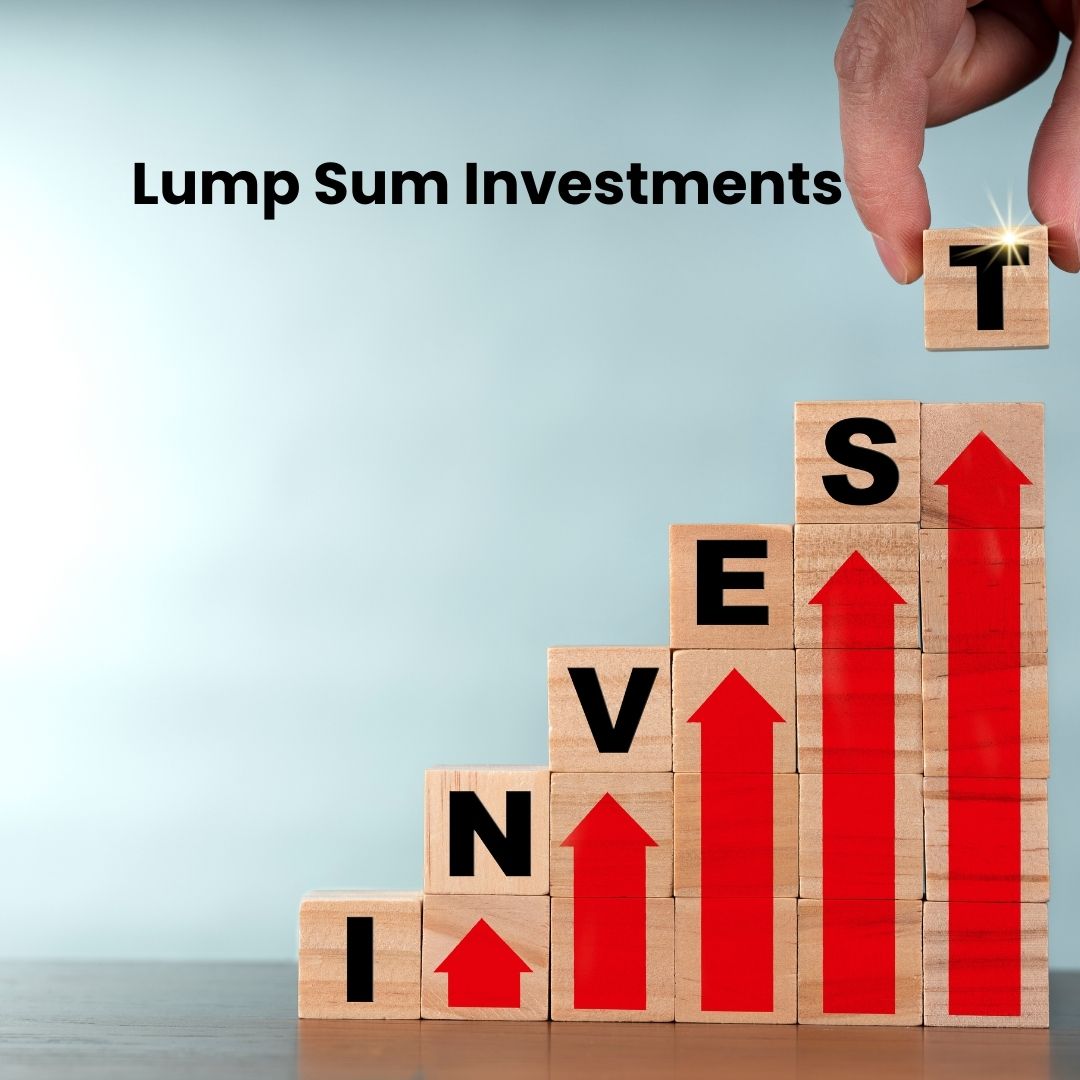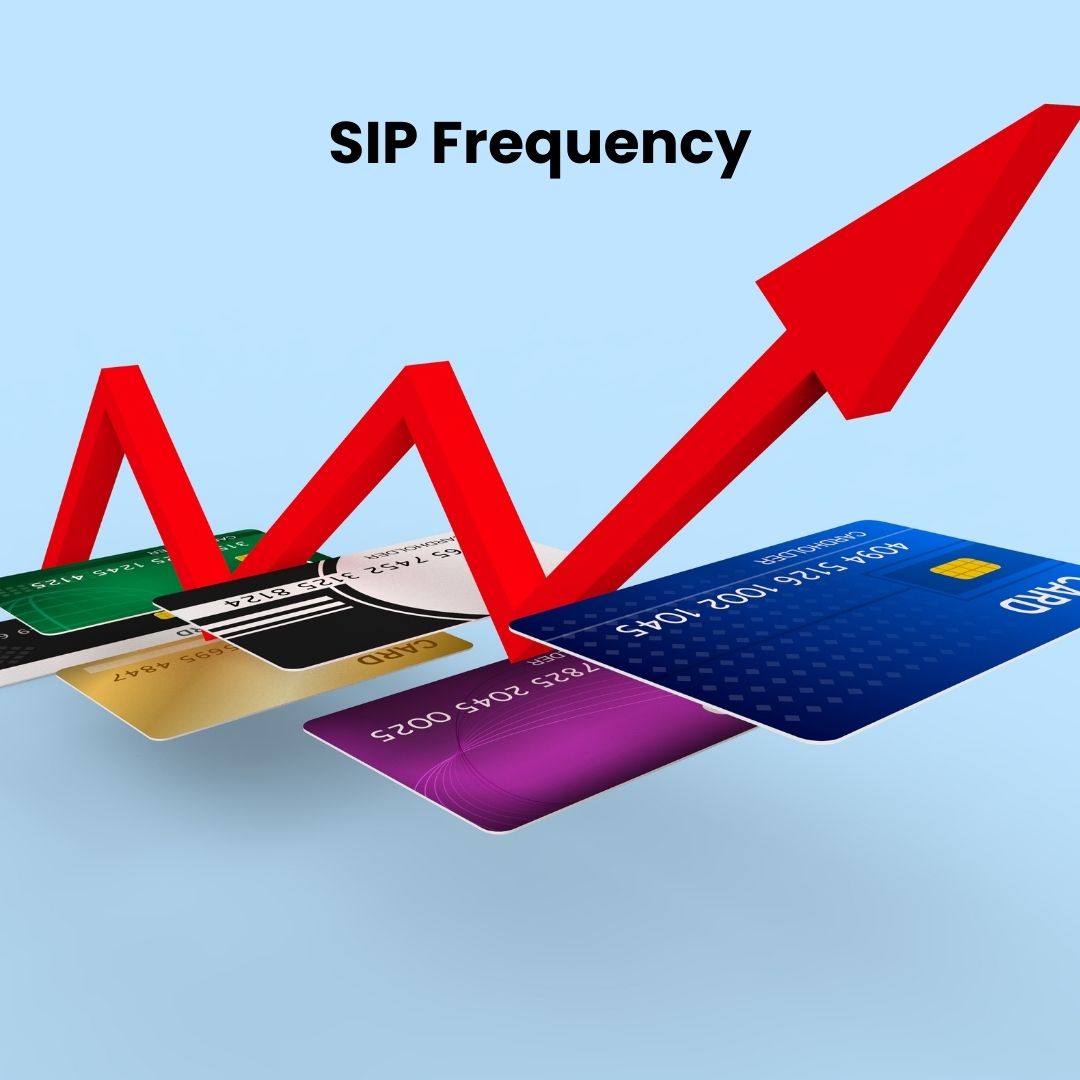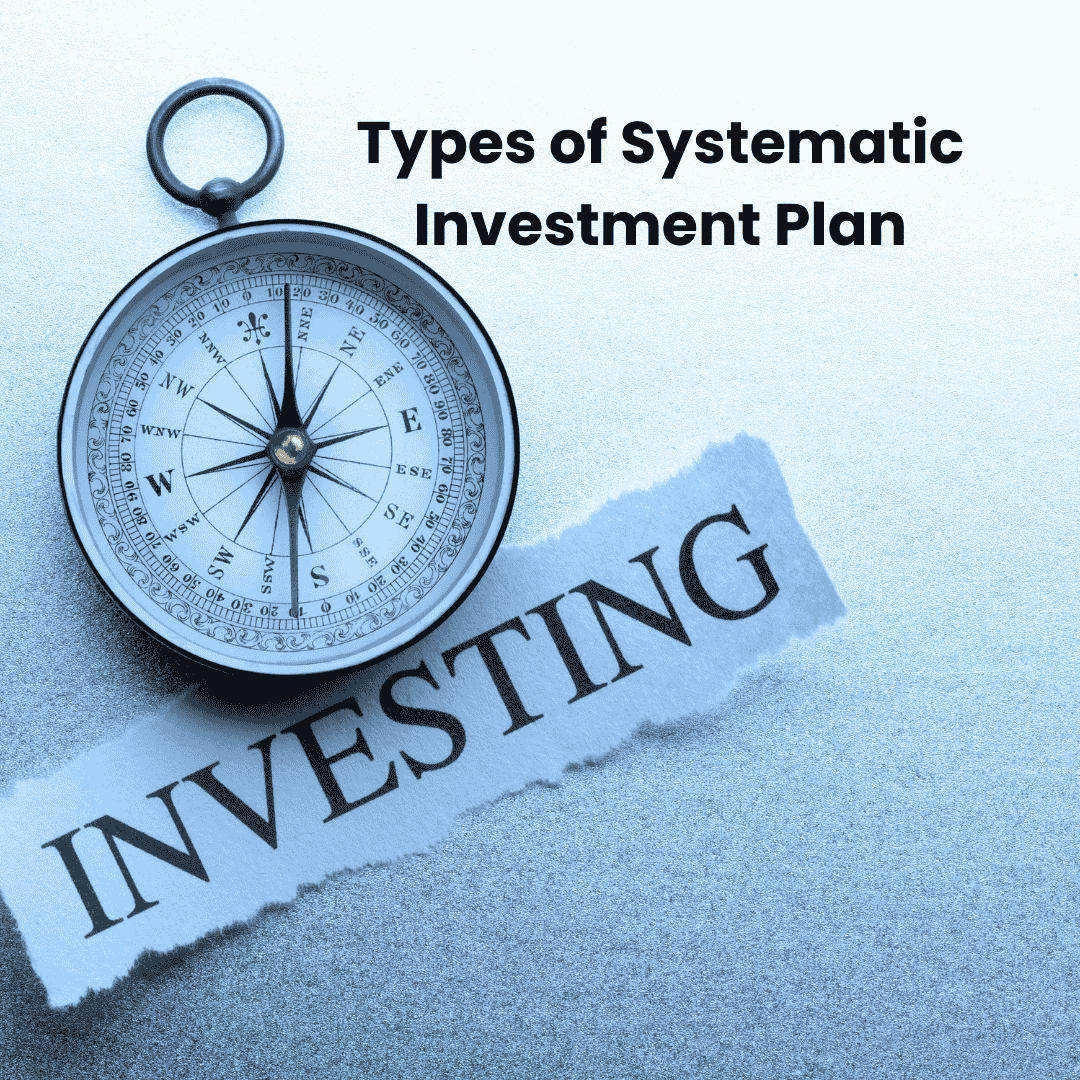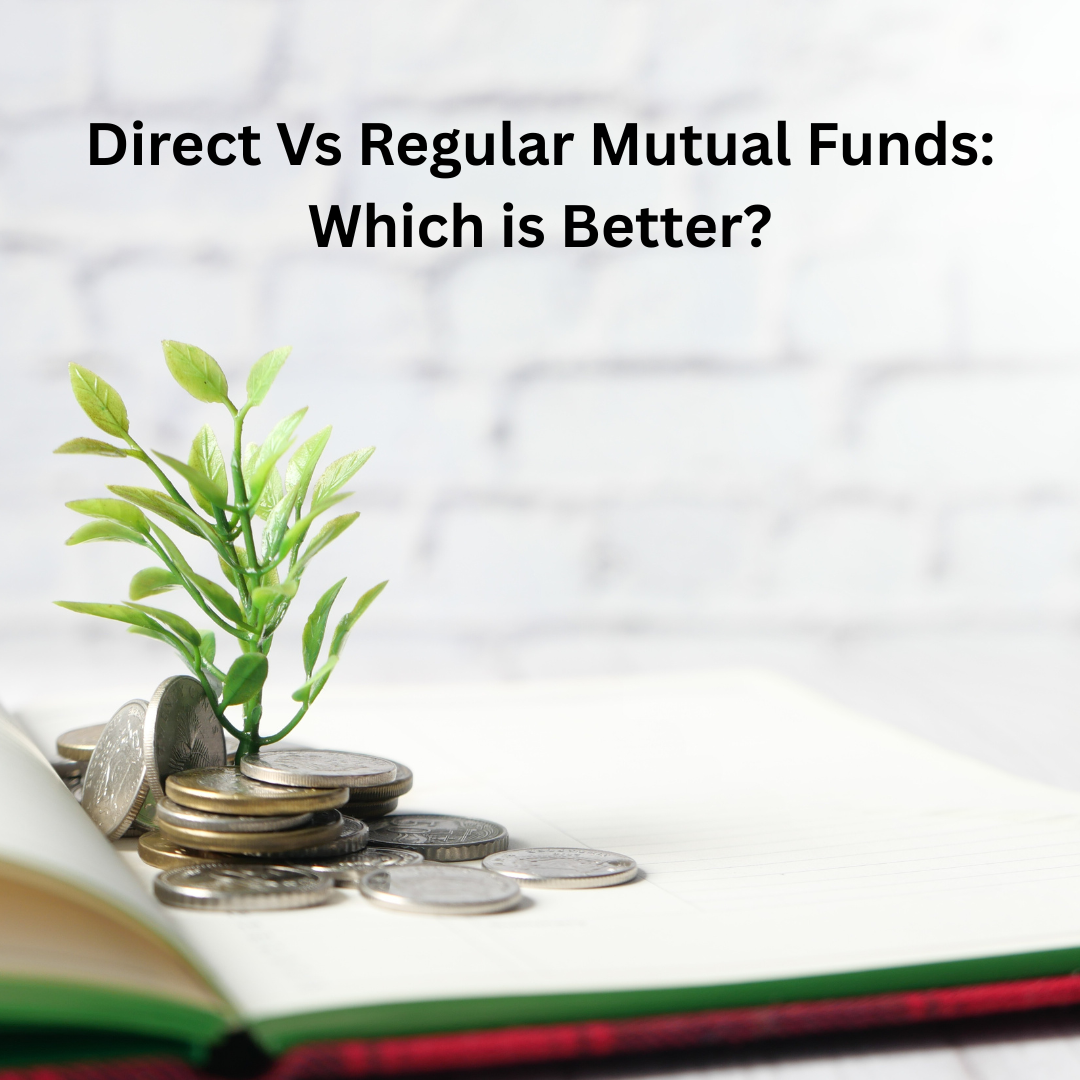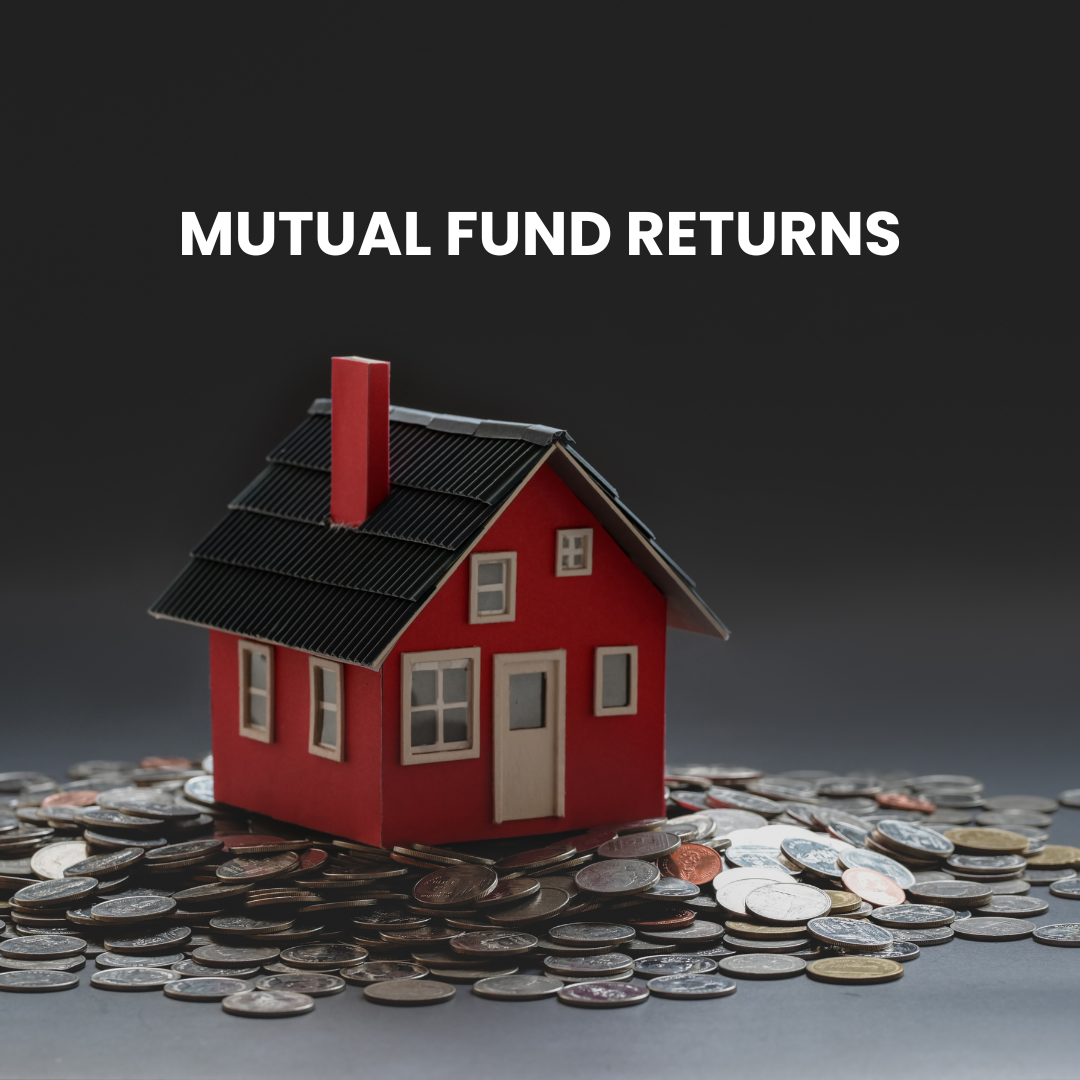Index funds have become one of the most popular investment options for both new and seasoned investors. Known for their simplicity, cost-effectiveness, and ability to deliver market-matching returns, index funds are an excellent choice for long-term wealth creation. At Garg Financial Services (GFS Wealth), we aim to educate and guide investors in making informed financial decisions. In this blog, we will explore the various types of index funds, how they function, and how you can choose the right one to meet your financial goals.
What Are Index Funds?
Index funds are mutual funds or exchange-traded funds (ETFs) that are designed to replicate the performance of a specific stock market index. Rather than being actively managed by a fund manager who selects individual stocks, index funds follow a passive strategy. They invest in the same companies that constitute a particular index in the same proportion.
For instance, if you invest in a Nifty 50 index fund, the fund will invest in the same 50 companies that make up the Nifty 50 index, with identical weightage.
Why Are Index Funds So Popular?
Before we look at the different types of index funds, it’s essential to understand why they are favored by a wide range of investors:
- Low Expense Ratio: These funds require minimal management, resulting in lower costs for investors.
- Diversification: A single fund gives exposure to a variety of sectors and companies.
- Transparency: You know exactly what the fund is investing in.
- Stable Long-Term Returns: These funds often mirror the long-term growth of the overall market.
- Ideal for SIPs: Systematic Investment Plans work exceptionally well with index funds.
Types of Index Funds
There are several types of index funds available in the market. Each type offers different exposure, risks, and benefits. Understanding these types can help you make the best choice based on your investment goals and risk appetite.
1. Broad Market Index Funds
Broad market index funds aim to replicate a large segment of the stock market. They track indices such as the Nifty 50, BSE Sensex, or S&P 500. These funds are highly diversified and provide exposure to the largest and most stable companies in the economy.
Examples:
- Nifty 50 Index Fund
- BSE Sensex Index Fund
- S&P 500 Index Fund
Best suited for: Long-term investors who want steady growth with minimal risk.
2. Sectoral Index Funds
Sectoral index funds focus on specific sectors such as banking, pharmaceuticals, information technology, or FMCG. These funds track sector-specific indices and are ideal for those who believe in the growth potential of a particular industry.
Examples:
- Nifty Bank Index Fund
- Nifty IT Index Fund
- Nifty Pharma Index Fund
Best suited for: Investors with moderate to high-risk tolerance and a strong belief in a specific sector.
3. International Index Funds
International index funds track global stock market indices. By investing in these funds, you gain exposure to international companies and reduce your dependency on domestic markets.
Examples:
- NASDAQ 100 Index Fund
- S&P 500 Index Fund
- MSCI World Index Fund
Best suited for: Investors looking to diversify globally and invest in well-known companies like Apple, Microsoft, and Amazon.
4. Market Capitalization-Based Index Funds
These index funds are classified based on the market capitalization of the companies they track:
- Large-Cap Index Fund: Track large and stable companies.
- Mid-Cap Index Fund: Track medium-sized, high-growth companies.
- Small-Cap Index Fund: Invest in small companies with high growth potential but increased risk.
Examples:
- Nifty 100 Index Fund (Large-cap)
- Nifty Midcap 150 Index Fund
- Nifty Smallcap 250 Index Fund
Best suited for: Investors who want to fine-tune their portfolio based on market capitalization and risk level.
5. Thematic Index Funds
Thematic index fund focus on specific investment themes rather than sectors. For example, environmental sustainability, digital economy, or consumer demand. These funds track indices that align with particular themes.
Examples:
- Nifty ESG Index Fund
- Nifty India Consumption Index Fund
Best suited for: Investors who want their portfolio to reflect specific long-term trends or personal beliefs.
6. Bond Index Funds
Bond index fund (also called fixed income index fund) do not invest in equities. Instead, they track indices made up of debt instruments like government bonds or corporate bonds. These funds are more stable and offer predictable returns.
Examples:
- Bharat Bond Index Fund
- Crisil Composite Bond Index Fund
Best suited for: Conservative investors looking for stability and lower volatility.
7. Dividend Yield Index Funds
These funds invest in companies with a strong history of paying high dividends. They are designed to offer regular income along with some capital appreciation. The underlying index includes only those companies that meet dividend-related criteria.
Examples:
- Nifty Dividend Opportunities 50 Index Fund
Best suited for: Retirees or income-focused investors who want regular payouts from their investments.
8. Equal Weight Index Funds
Equal-weight index fund invest in the same stocks as traditional index fund, but each stock is given equal importance, regardless of its market size. This avoids over-reliance on a few large companies and can offer better diversification.
Examples:
- Nifty 50 Equal Weight Index Fund
Best suited for: Investors who want balanced exposure and reduced concentration risk.
How Do Index Funds Work?
The working of index fund is relatively straightforward:
- The fund manager replicates the chosen index by purchasing the same stocks in the same proportion.
- The fund is passively managed, meaning the portfolio is only rebalanced when the index changes.
- The performance of the fund closely mirrors the performance of the index it tracks.
- Investors earn returns that are nearly identical to the index, minus a small fee known as the expense ratio.
Advantages of Investing in Index Fund
Here are some of the major benefits of including index fund in your portfolio:
- Low Cost: Expense ratios are minimal compared to actively managed funds.
- Diversified Portfolio: Even a single fund provides broad exposure.
- Passive Investing: No need to track or manage the fund actively.
- Long-Term Growth: Perfect for building wealth over time through SIPs or lump sum investments.
- Transparent and Predictable: You always know where your money is invested.
Index Funds vs. Actively Managed Funds
| Criteria | Index Funds | Actively Managed Funds |
| Management Style | Passive | Active |
| Expense Ratio | Low | High |
| Performance | Market-matching | May outperform or underperform |
| Transparency | High | Moderate |
| Risk | Market Risk | Manager + Market Risk |
How to Choose the Right Index Fund?
Choosing the right index fund involves several factors:
- Investment Objective: Are you looking for growth, income, or diversification?
- Expense Ratio: Lower is better for maximizing returns.
- Tracking Error: A lower tracking error means the fund mirrors the index more closely.
- Historical Performance: Check how the fund has performed over the years.
- Fund Size and Reputation: Larger and more established funds tend to be more reliable.
FAQs
Q1. Are index funds a good option for beginners?
Yes. They are low-cost, easy to understand, and perfect for long-term wealth creation.
Q2. Can I lose money by investing in index funds?
Index fund are market-linked, so short-term losses are possible. However, long-term investors generally benefit from market growth.
Q3. Do index funds pay dividends?
Yes, if you opt for the dividend plan. Alternatively, you can choose the growth plan for compounding benefits.
Q4. How long should I stay invested in index funds?
Ideally, for 5 to 10 years or more to fully benefit from compounding and market cycles.
Conclusion
Index funds offer a simple, cost-effective, and transparent way to invest in the stock market. With different types such as broad market, sectoral, international, and bond index fund, you can build a well-diversified portfolio suited to your needs. These funds require minimal management and have consistently delivered market-based returns, making them an excellent option for long-term wealth creation.
If you’re ready to take the next step in your investment journey, consult the experts at GFS Wealth today. We aim to help you understand your options and build a reliable financial future.



